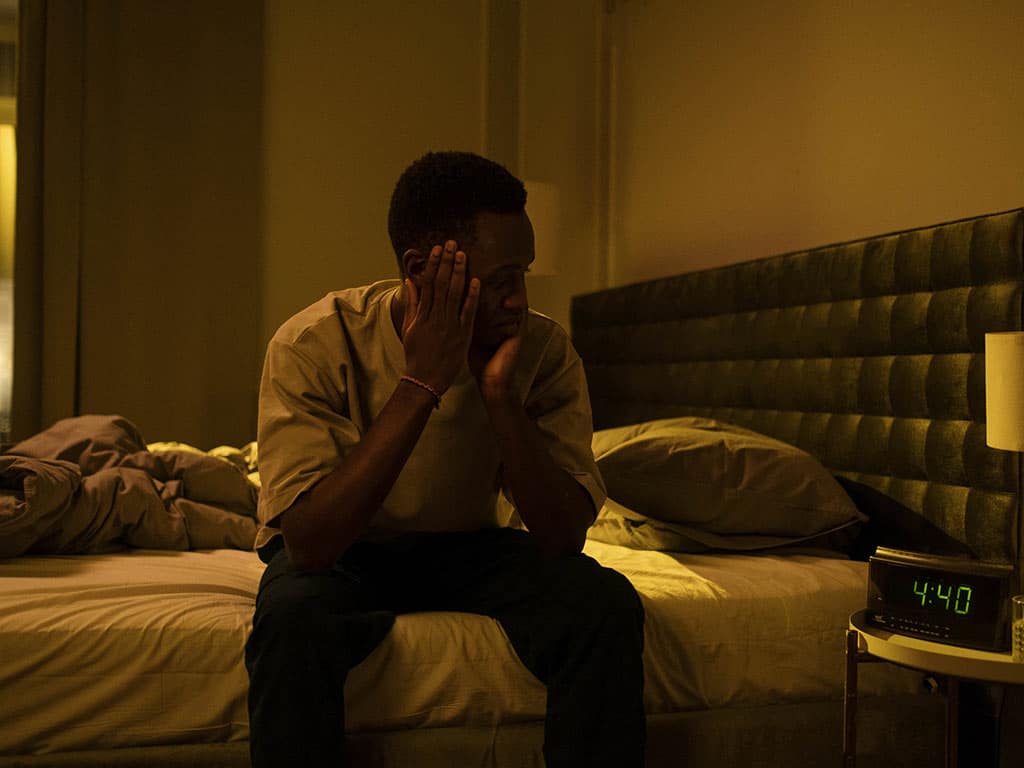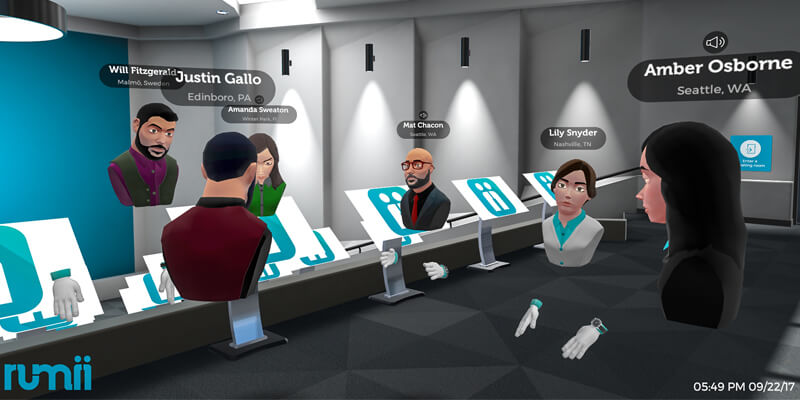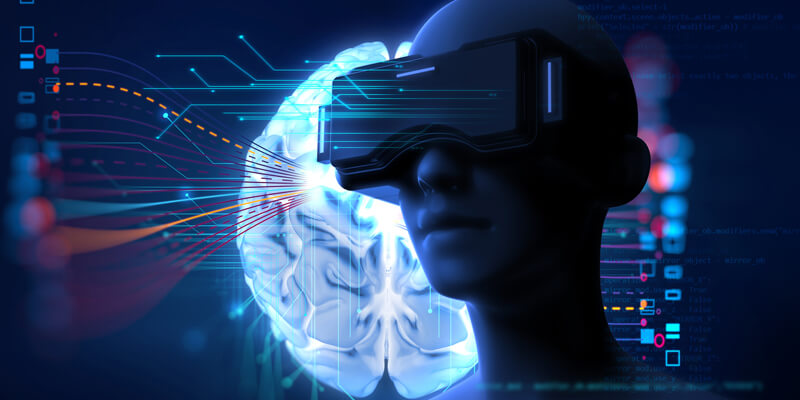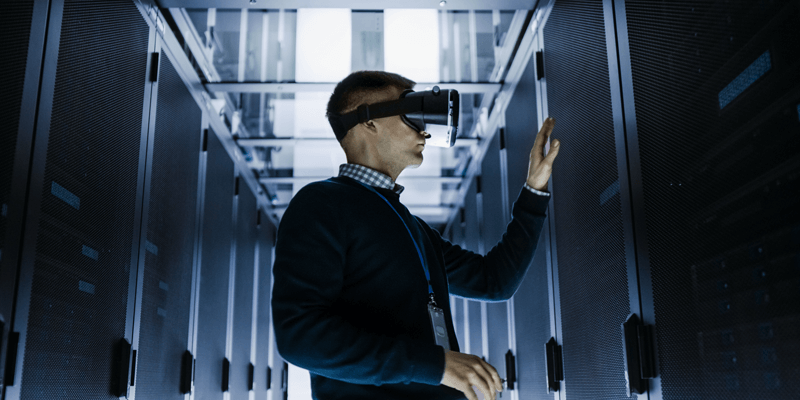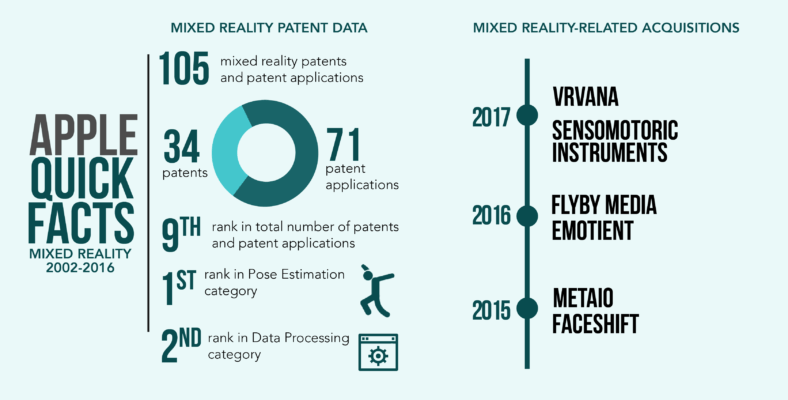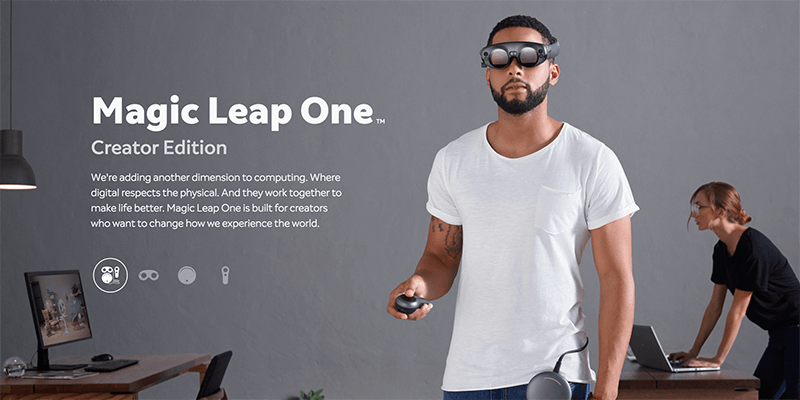SYinotech, a South Korean digital healthcare company, is patenting a way to use virtual reality technology to relieve depression and insomnia. This invention also analyzes a user’s brainwaves to confirm the treatment’s efficacy.
Insomnia is a sleep disorder that affects at least a third of the U.S. adult population. It is characterized by one’s difficulty in falling or staying asleep. Disrupting such a vital physiological function can impact many other aspects of a person’s daily life. The human body needs sleep to heal itself and restore its chemical balance. Sleep deprivation is both physically and mentally deleterious. Regarding the latter, insomnia also happens to be a core symptom of depression.
An estimated 4.7% of Americans 18 and older have regular feelings of depression—nearly 12 million diagnosed individuals are experiencing sadness and anxiety to the detriment of their normal functioning. Depression and sleep disorders feed off each other, and their bidirectional relationship can send anyone into a deep, hard-to-escape spiral.
The patent application from SYinotech describes a VR-based cognitive training system, comprising a kiosk equipped with a VR headset, VR glove, and VR chair, as well as a brainwave detection module.
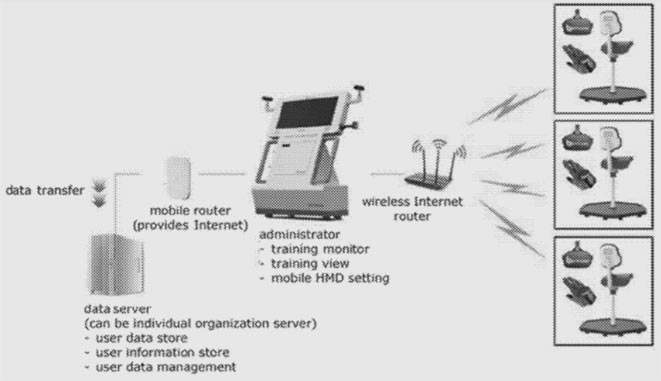
Fig. 1. A diagram showing a VR-based cognitive training system for relieving depression and insomnia according to one embodiment of the present disclosure.
Supplementing the VR headset’s functionality is a glove unit that detects a user’s hand motions, and tracks its trajectory, and recognizes their touch. The VR chair unit automatically moves according to VR-based content, thereby providing the advantage of enabling a user to perform various types of experiential training. A module installed to its side would detect the movement of a person’s feet. The chair may also have voice recognition and vibration features.
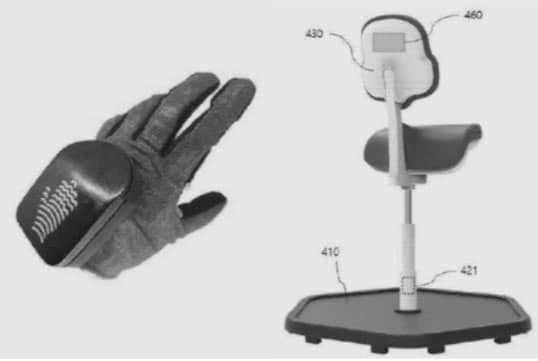
Fig. 2. Views illustrating the VR glove unit and VR chair unit according to the present disclosure.
The cognitive training system would employ a brainwave-connected unit to gauge users’ responses to VR content. It would specifically tune in to alpha waves, generated when people concentrate their minds and utilize information inside their brains. Importantly, they are associated with depression and insomnia. A computer would analyze the detected alpha brainwaves against reference data, as a way to check how a user is responding to treatment.
Additionally, brainwaves may enable the system to check whether an individual is experiencing VR motion sickness, which can stem from a variety of factors including the type of content being presented and the hardware being used.
Adjustments to the VR glove and chair units may be informed by the kiosk’s physical capacity measurement module, which accounts for a person’s height, weight, hand movement-related grip force, and foot movement-related knee joint flexibility, among others.
Users would be exposed to VR-based content that may be in the form of a video game that relieves depression and insomnia. SYinotech’s example was a game in which the user hits objects moving against a sandy beach background. The activity is said to induce decision-making and relieve stress through mild aerobic exercise effects.
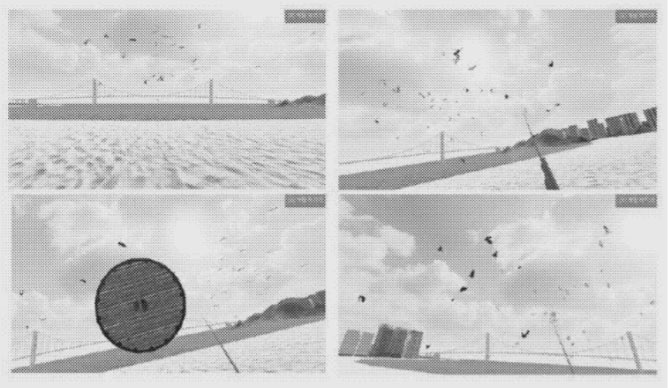
Fig. 3. Views illustrating VR-based content according to the present disclosure.
The respective effects of VR and video games on the brain have been examined in academia, though results are fairly uneven. Researchers have found great promise in VR as a mental health tool. It has been used to re-expose individuals to positive activities, help people conquer phobias, and even equip soldiers with the coping skills needed in combat zones. Immersive VR content has also been proven as an effective sleep aid. Meanwhile, reviews of the literature show gaming’s possible negative effects on sleep, as well as its treatment potential for anxiety, depression, stress, and low mood.
SYinotech’s invention marries these two concepts, and may perhaps serve as another exploration of the applications of VR and gaming beyond entertainment and media consumption.
The featured patent application, “Virtual Reality-based Cognitive Training System For Relieving Depression And Insomnia”, was filed with the USPTO on March 13, 2020 and published thereafter on August 26, 2021. The listed applicant is SYinotech. The listed inventor is Yean Hwa Lee.
